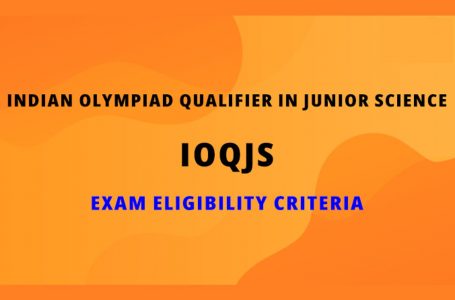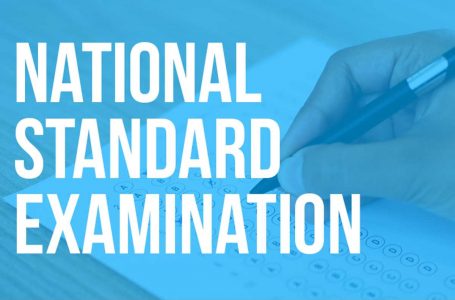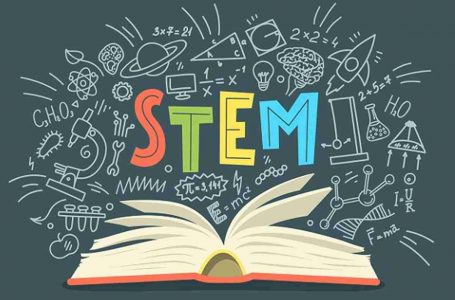Indian Education System – Is Improvisation Required?

The Indian education system is inflicted with a large number of weak points which need immediate attention. We have established institutions of excellence like IITs, IIMs, and law schools but students gaining even 90% or more in their 12th standard face difficulty in getting into these colleges. The main drawback of the Indian education system is that students study only to score good marks in exams and crack some competitive exams such as IIT JEE, CLAT, or AIIMS.
Creating hundreds of colleges is not going to solve the problem of Indian education. In our country, students are spending their parents’ savings and borrowed money on education but even then, they are unable to receive standard education. No matter what field they choose, seeking employment seems challenging.
In India, thousands of students become victims of the mindless rat race. The rote learning is crushing the creativity of the students. It is also driving many brilliant students to commit suicide. In our country, people think that education is a great way of climbing the economic ladder. The Indian education system is failing and thus needs timely improvement. Some of the changes that can make a great difference in the system are:
The focus should be laid on skill-based education
India’s education system is based on teaching and testing knowledge rather than teaching skills. If you teach a skill to a man, it is like instigating a certain useful activity. On the other hand, students forget knowledge after the semester exam is over because students focus on cramming information. In this education system, the best crammers are rewarded. This is one of the basic flaws in our educational setup. Cramming is in no sense learning and thus, it should not be incentivized above creativity, research, and innovation.
Need of expert teachers
Our education system craves expert teachers. Teaching jobs in India are considered well-paying, low-pressured, and risk-free. Thousands of unskilled teachers in India are wasting valuable time of young children because they do not have intensive knowledge about the concerned subject. Now, it is the time to encourage the breed of expert and skilled teachers. The performance of a skilled teacher should not be restricted to a classroom but it should be opened up for the world through the internet. Our education system needs expert entrepreneurs’ contribution more than that of salaried teachers.
Creativity, research, and innovation should be rewarded
Our education system rewards high academic achievements which is one very disappointing aspect of education. Our testing and marking system should be based on creativity, original research, problem-solving, and innovation. If this happens, our education system can be changed overnight.
Requirement of huge technology infrastructure for education
India’s education system needs to hold internet and technology for teaching the huge population because a considerable part of the Indian population is located in remote villages. Since we have internet and computers, we should invest in technological infrastructure to make access to knowledge easier than ever. Tablets, smartphones, and computers with high-speed internet connections should be used as tools for spreading knowledge among people living in remote locations.
Need of re-defining the functionality of education system
The purpose of our education system should be redefined. Our country has a maximum number of engineers but has not contributed enough to technological innovations. India is just running the call-centers of the other countries – this is where the skills of our engineering graduates end.
In a nutshell, the purpose of our education system should be to create scientists, entrepreneurs, innovators, and expert teachers who can lay the foundation of a knowledge-based economy rather than a service provider nation that we are gradually turning into.





